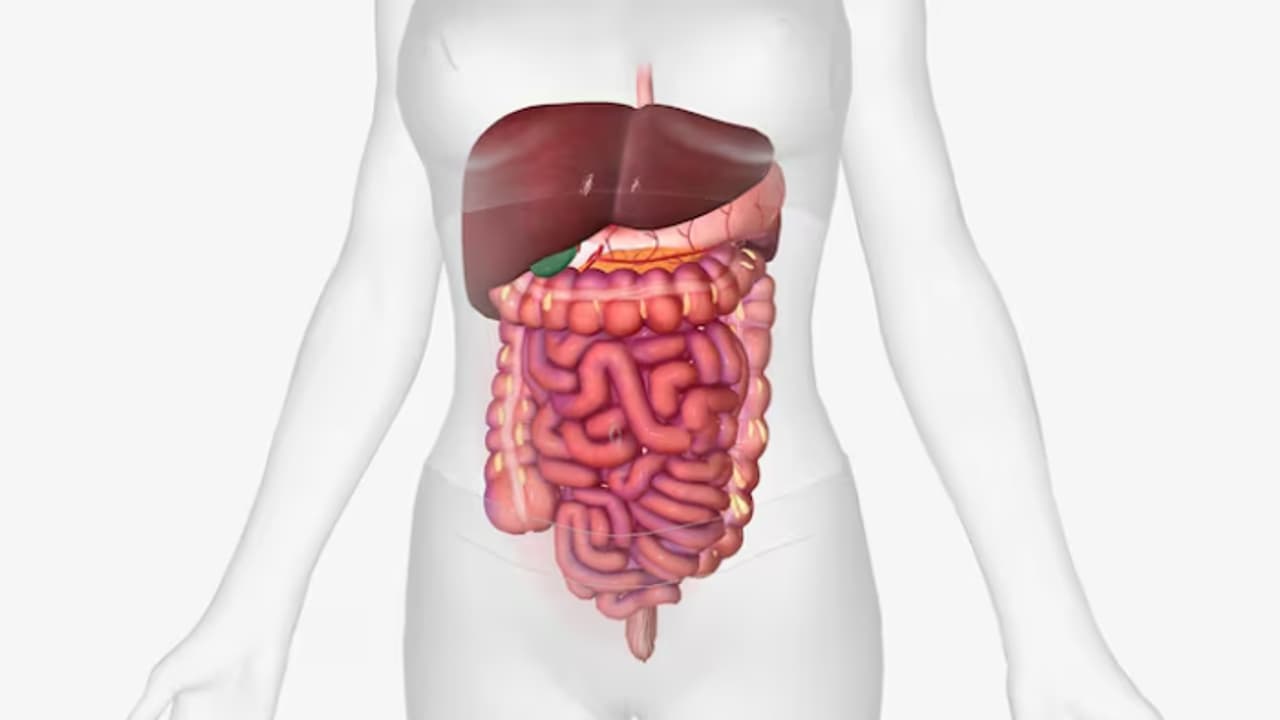A hernia may seem harmless at first, but ignoring it can lead to serious health complications. Recognizing the early warning signs can help prevent dangerous outcomes.
Dr. Prabhakar B, HOD & Lead consultant – General, Laparoscopic and Robotic Surgery, Aster Whitefield Hospital, Bengaluru
Hernia is one of those medical conditions that at times may start small and unnoticeable health problem because it starts small and is often overlooked, but eventually can become a complicated and serious, at times life-threatening illness. Although it is a frequent condition, hernias are frequently misconstrued, misdiagnosed, and underestimated until something goes wrong. Being aware of the first warning signs, and when to consult can be the difference between preventing permanent harm.
What is a Hernia?
The health condition hernia occurs when an internal organ or tissue bulges through a weak spot in the muscle or connective tissue that surrounds it. The most common types are:
•Inguinal hernia (groin)
•Umbilical hernia (near the belly button)
•Hiatal hernia (upper stomach into chest)
•Incisional hernia (through a prior surgical scar)
•Femoral hernia (below the groin)
Although some hernias do not initially present with pain or discomfort and will not go away on its own, over time, they will become worse and more severe and may cause blockage or constrict the tissue.
Initial Warning Signs People Let Slip By
Hernias often don’t begin with severe pain, so many patients wait to seek help, not realizing their symptoms could be a hernia. The warning signs people should pay close attention to include the following:
• An observable, or palpable, lump in the abdomen or groin when on standing or straining and that disappears when lying flat.
• Progressively increasing pain or ache in the area, usually after lifting something, or after coughing, or after standing too long
• Heaviness or pulling feelings in the groin or belly
• Bloating and/or constipation, especially when talking about abdominal hernias
• Acid reflux or heartburn – signs of a hiatal hernia
Most often, the symptoms are unpredictable and/or painless. Some people believe that if the hernia doesn’t hurt that it is no big deal.
When does a hernia require emergency intervention?
A hernia is hazardous to health when it is incarcerated (trapped) or strangulated (blood flow to the tissue is cut off). Both of these are surgical emergencies. Red flags are:
• Severe pain that progresses quickly,
• Redness, tenderness or warmth surrounding the bulge,
• Nausea or vomiting,
• Inability to fart or have a bowel movement,
• Fever or other indication of infection.
In such circumstances, you must get medical help immediately.A strangulated hernia can result in tissue death, sepsis and death.
Why Ignoring a Hernia is Dangerous
Most individuals opt to continue living with a hernia, particularly if it is not causing pain. “Wait and watch,” though, is dangerous. Over time hernias grow in size, and eventually become more complicated to repair. Procrastination and declined treatment increase factors for acute complications that require emergency surgery for treatment and take even longer to recover.
Treatment and Recovery
The most widely performed and effective method for hernia repair is surgical repair. Depending on the type and size, there are traditionally two types of surgery: open surgery (which is done rarely) and minimally invasive surgery (laparoscopic). In most cases, hernia repair surgery is a safe and successful surgical intervention with a relatively short recovery period. Most patients return to normal activities within a few weeks after surgery with the exception of lifting and straining.
Important Point: Don’t Wait Until You Are in Pain to Get Treated
A hernia at first may be quite annoying, but as it develops it may get significantly worse without any previous warning and then become unnoticeable. If we become aware of the warning signs and treat ourselves in good time, we can prevent complications and to minimize the chances of more intricate emergency surgery later. If you feel any unusual bulges or lumps or bulging, pain, or any unusual change in your abdomen or groin, this is not to be neglected. A quick inquiry to a physician today, may save you from a significant health issue tomorrow.
